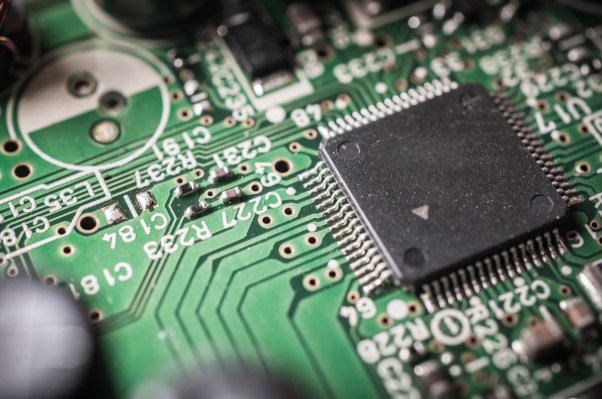In the midst of an AI chip shortage, Microsoft wants to give a privileged few startups free access to “supercomputing” resources from its Azure cloud for developing AI models.
Microsoft today announced it’s updating its startup program, Microsoft for Startups Founders Hub, to include a no-cost Azure AI infrastructure option for “high-end,” Nvidia-based GPU virtual machine clusters to train and run generative models, including large language models along the lines of ChatGPT.
Y Combinator and its community of startup founders will be the first to gain access to the clusters in private preview. Why Y Combinator? Annie Pearl, VP of Growth and Ecosystems, Microsoft, called YC the “ideal initial partner,” given its track record working with startups “at the earliest stages.”
“We’re working closely with Y Combinator to prioritize the asks from their current cohort, and then alumni, as part of our initial preview,” Pearl said. “The focus will be on tasks like training and fine-tuning use cases that unblock innovation.”
It’s not the first time Microsoft’s attempted to curry favor with Y Combinator startups. In 2015, the company said it would give $500,000 in Azure credits to YC’s Winter 2015 batch, a move that at the time was perceived as an effort to draw these startups away from rival clouds. One might argue the GPU clusters for AI training and inferencing are along the same self-serving vein.
Microsoft doesn’t necessarily deny this.
“We believe that Azure is the best system for building AI solutions, and we’re prioritizing those that are building on Azure,” Pearl said. “This offer is for Azure-based startups, part of our vision to make Microsoft the best cloud for building AI solutions.”
The difference this time around is that it won’t just be Y Combinator startups benefitting.
Microsoft says it’s working with M12, its venture fund, and the startups in M12’s portfolio to expand access to the clusters. And over time, Microsoft plans to partner with additional startup investors and accelerators, with the goal of “lowering the barrier to training and running AI models for any promising startup” (and familiarizing them with Azure, of course).
“While all the cloud providers offer credits to startups, our approach attempts to address the broader needs of this community by allowing application of these credits to training and fine-tuning for those earlier-stage startups,” Pearl said.
Now, Microsoft makes it clear that it’s running a business — not a charity. Startups won’t be able to run their AI models on the clusters for free indefinitely. Access will be “time-bound,” Pearl said, and intended to help startups test and trial — rather than run — their operations.
Still, Microsoft’s positioning the offering as unique in the AI ecosystem.
“This program is the first of its kind targeting earlier-stage startups and allowing them to use Azure credits to run AI workloads,” Pearl said. “That essentially means free GPUs to early-stage startups in this program who would normally be stuck behind larger customers, so they can train their AI models and drive the next wave of AI innovation.”
AWS and Google Cloud would most likely disagree with that “first of its kind” assertion — both offers startup programs and accelerators aimed at early-stage AI-focused companies. But by teaming up with investors — and their networks — Microsoft might just make headway where the competition hasn’t.
